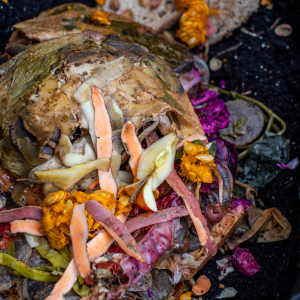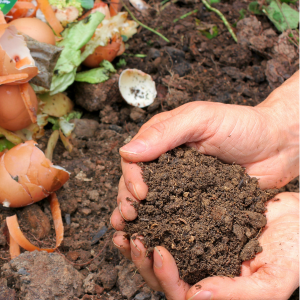
According to Government statistics, composting food and garden waste produces less than 10% of the equivalent carbon emissions from sending such waste to landfill.
Whilst recycling offers an even lower impact, the benefit of composting at home is that you can create your own nutrient-rich plant food source, avoiding the cost and carbon emissions associated with purchasing and transporting shop-bought compost.
Standard (Cold) Composting
The Royal Horticultural Society provides some excellent advice on how to compost at home.
You will likely need a compost bin to get started, and a 220l compost bin can be purchased from as little £25.
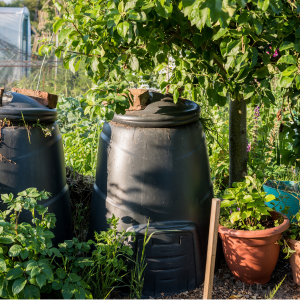
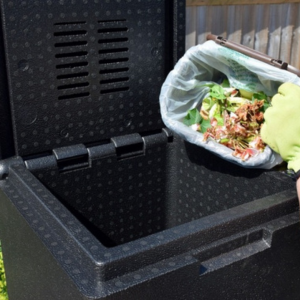
Hot Composting
Hot composting is similar to cold composting, but specific temperature and moisture levels need to be maintained.
Materials, when kept at around 40-60°C, degrade faster, typically around 3 months, and can produce an odour and pest free compost.
Hot composting bins range in price, with smaller 100l capacity bins costing around £200.
Worm Bins
A Worm Bin, or Wormery, is another option for composting food and small amounts of garden waste, cardboard and paper into nitrogen heavy natural fertiliser.
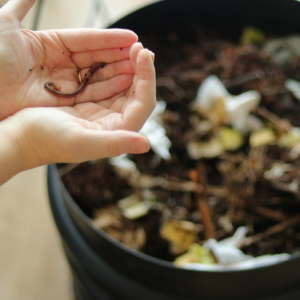
Bokashi
Bokashi composting is a type of fermentation, where food waste is composted in an air tight container along with inoculated Bokashi bran, creating a nutrient-dense plant food. Bokashi bins are similar to small food waste caddies, and can be purchased for around £30, whilst 5kg Bokashi bran will set you back around £20.
